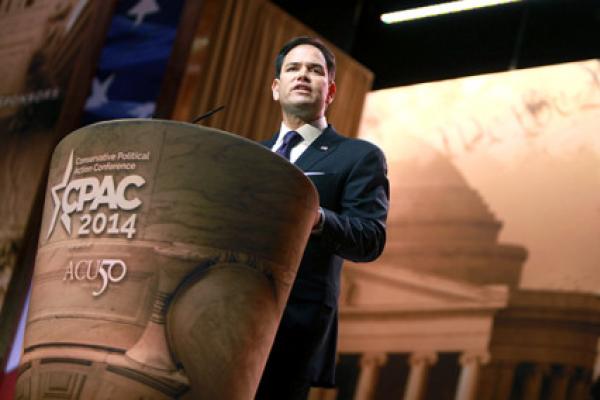How many voters know that former Florida Gov. Jeb Bush is a Roman Catholic? Or that Texas Sen. Ted Cruz is a Southern Baptist, not a Latino Catholic? Or that Florida Sen. Marco Rubio worships at both a Catholic parish and an evangelical church?
More importantly, does it matter?
Actually, it does in today’s Republican Party, where a number of factors have forged a new religious identity that supersedes familiar old categories.
These prominent Republicans are emblematic of the new religious amalgam that, in many instances, has helped refashion denominational differences that were once almost insurmountable. Look no further than the stunning Virginia primary victory of Dave Brat, a Catholic with degrees from a Reformed Protestant college in Michigan and Princeton Theological Seminary, who took down House Majority Leader Eric Cantor last week.
Read the Full Article

